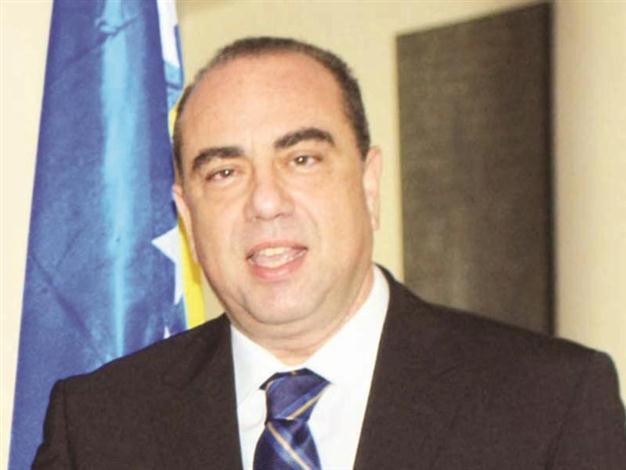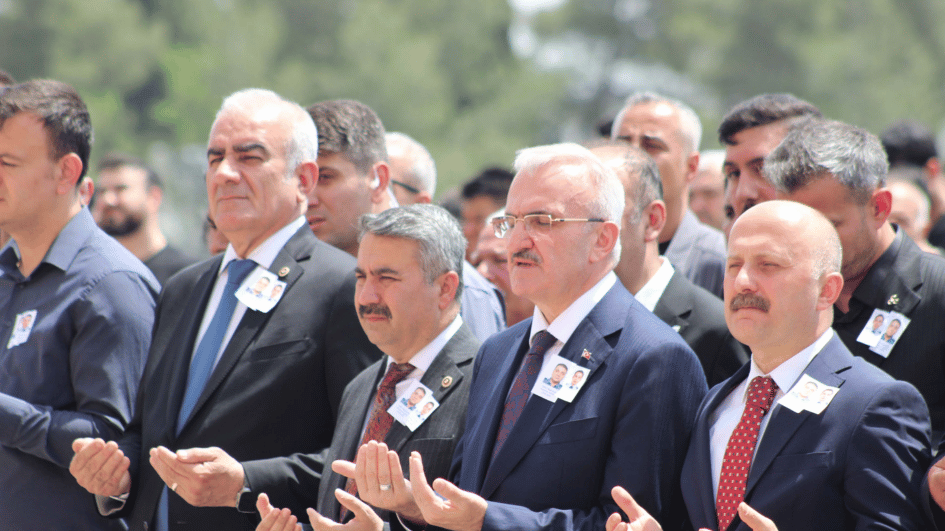Ministers charged over Greek Cyprus explosion
NICOSIA - Agence France-Presse

Former Greek Cypriot FM Kyprianou was charged in connection with a blast.
Greek Cyprus’ former foreign and defense ministers have been charged in connection with a munitions blast that killed 13 people and crippled the country’s main power plant, state radio said yesterday.A public enquiry found President Demetris Christofias responsible for the explosion, but his eventual prosecution was dismissed from the outset because his position holds constitutional immunity. The radio said former foreign minister Marcos Kyprianou and ex-defense minister Costas Papacostas were charged in writing at police headquarters in connection with the deadly blast. The Cyprus Broadcasting Corp said six others -- three senior army officers and three senior fire service officials -- also face prosecution over the July 11 blast that killed 13 people.
Police chief Michalis Papageorgiou confirmed to reporters “that some people have been charged” but he did not say what the charges were. Kyprianou and Papacostas, as well as the National Guard commander resigned over the incident, and the deputy commander was sacked.
There was a public outcry after munitions stored in the open at a naval base for three years exploded despite repeated warnings that they were unsafe, and streets protests called for Christofias’ resignation. Christofias has refused to step down.
Some 98 containers were piled up unprotected at the Mari base just 150 meters from the power station. They were seized in February 2009 when Greek Cyprus intercepted a Greek Cypriot-flagged freighter bound from Iran for Syria and a UN sanctions committee said the consignment contravened a ban on Iranian arms shipments.
Christofias said the decision to keep the weapons on the island was “correct” after a proposal for the U.N. to take responsibility for the cache did not materialise. But the inquiry said the munitions were kept in Greek Cyprus to placate Syria and Iran in a risky diplomatic game.
















